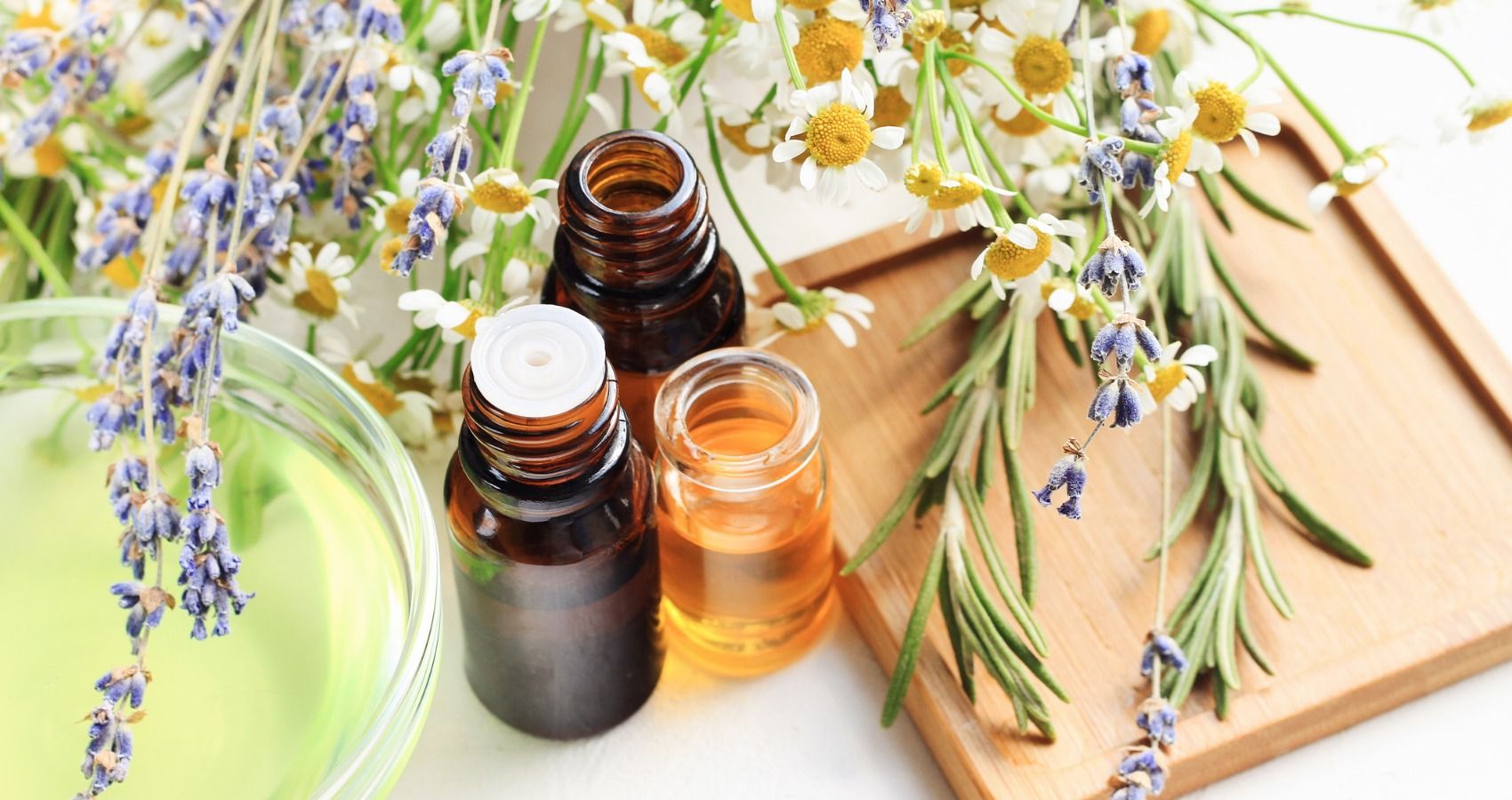Essential oils are all the rage. You can’t scroll through a local moms group without seeing one or more moms clamoring about the benefits of them, enthusiastically citing all the ways they can be used in their everyday lives. Cleaning? Essential oils! Feeling ill? Essential oils! Looking to make money and be your own boss?
With the number of chemicals that we are all exposed to in modern life, it makes total sense that people would be looking for alternatives that are considered more natural. This is especially true for parents. As we are responsible for safeguarding the health and well being of our children, we are constantly looking for the safest products to use for them to keep them safe and healthy.
However, the truth is that although essential oils are derived from plants and therefore are considered holistic and all-natural, that doesn’t mean that they are completely safe in all instances.
With their rise in popularity in homes across the country, essential oils are now being used more often. But with this rise of use, there has also been an increase in cases of "toxic exposure". Unfortunately, many of these cases have been seen to affect children.
According to Dr. Justin Loden, a specialist interviewed by Health Day, "in toxicology...'the dose makes the poison.'" What this means is that many things can be harmful in amounts that aren't intended for therapeutic use. So although essential oils can be seen as holistic, there can still be harmful effects that occur when exposure in many cases.
Loden continued to explain a particular case of essential oil poising that occurs in children. He stated that in instances where children try to drink the oils, they could end up in the lungs if the child chokes. This can occur with very very little amount and can be very dangerous, as it can potentially lead to pneumonia. Due to the fact that the oils may smell good, a small child may attempt to ingest it, not knowing any better. It is imperative that parents keep essential oils stored properly and safely away from children, although so many people see them as safe they may not think to do so.
Another way that children are exposed to potentially toxic levels of essential oils is via the skin. Many recipes for homemade beauty or skin care products call for the use of essential oils. However, children have thinner skin than adults and the oils, if too strong, can be absorbed faster and cause a toxic response.
Which Are Most Dangerous?
Although all oils can be dangerous, there are a few essential oils that have been showed to be of particular risk. These were identified as:
Camphor: Used to reduce itching and swelling, sometimes used as an antifungal.
Clove: Used to decrease pain and fight infection--often for dental issues.
Lavender: Used commonly for anxiety, depression, headaches, and pain.
Eucalyptus: People have used this oil for breathing issues, gingivitis, and fight inflammation.
Thyme: Thought to be useful for things like coughs and muscle pain.
Tea tree: This one is used a lot and thought to be good for coughs, inflammation, acne, and more.
Wintergreen oils: Thought to help with pain relief
Symptoms Of Toxic Exposure
The symptoms of an overdose or toxic exposure to essential oils can include agitation, seizures, hallucinations, chemical burns, and breathing problems. These can be very serious effects, and so it is of the utmost importance that if you keep these in your home, you are storing them carefully and safely to avoid accidents. In very serious cases, you can have liver failure and brain swelling.
According to the National Capital Poison Control, ingestion of essential oils can land your child in the hospital. "A 22-month-old boy had a seizure that lasted for more than an hour," a case study reads on their site. "In the emergency room, his breathing was so slow that he had to be artificially ventilated. He had no history of illness or injury. An extensive work-up found no medical reason for his seizure. The child spent 4 days in the hospital. The father later told doctors that the child had eaten a small piece of 'alanfor' (camphor)."
How To Store Your Essential Oils
The best way to store oils for the safety of your family is locked up and out of reach of children or animals. It is also important to be aware of how to use them properly and to think critically about where you are getting your information from when it comes to recipes and dosing instructions for essential oils. Always look to trusted research-based sources.
The National Capital Poison Control suggests the following safety guidelines always be followed:
- If an essential oil is found in a cosmetic product, use it according to label directions. Stop using it immediately if a rash or other skin reaction occurs and gently wash it off.
- If it's found in a scent, be sure that it is used and stored where children can't find it.
- If it's in a medicine, use according to label instructions ONLY.
- If, for some reason, you have bottles of essential oils at home, consider discarding them (safely) if you have young children. Otherwise, they MUST be locked up, out of sight and reach of children and pets – all the time.
In an emergency or accident involving essential oils, make sure to call poison control immediately at 1-800-222-1222 (for the U.S.).

